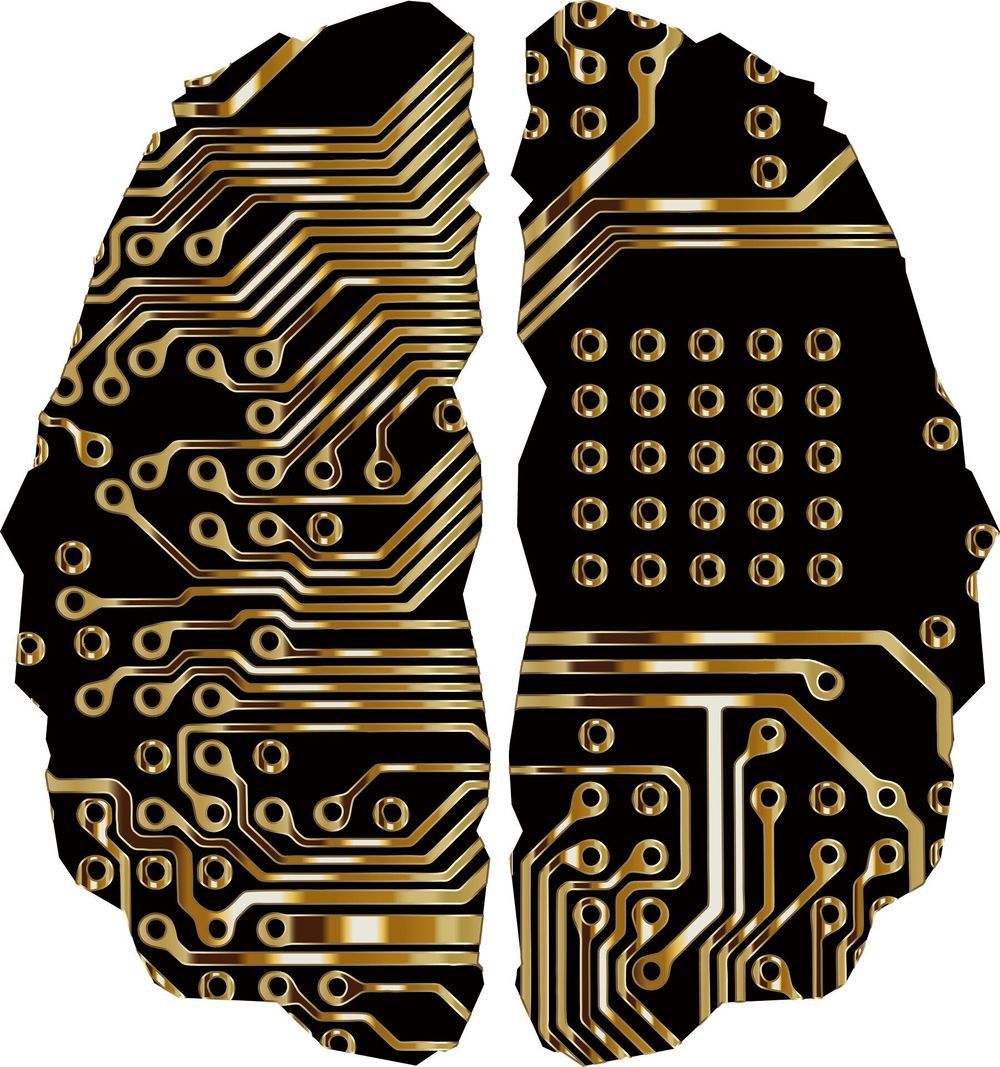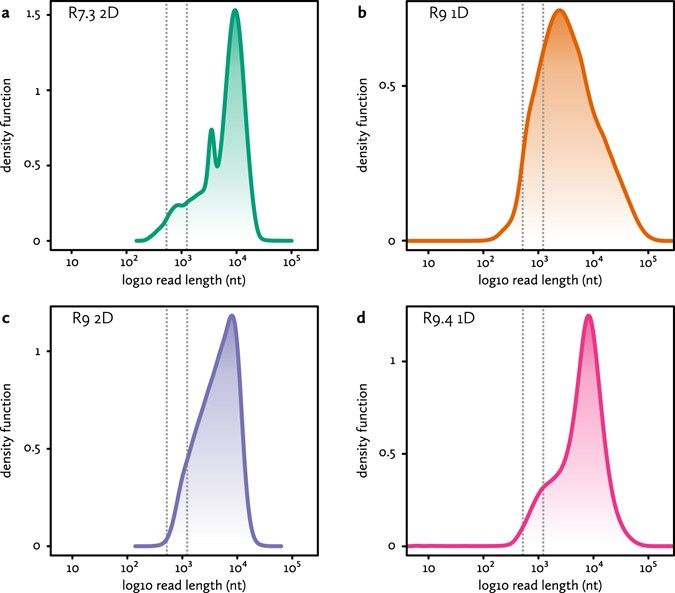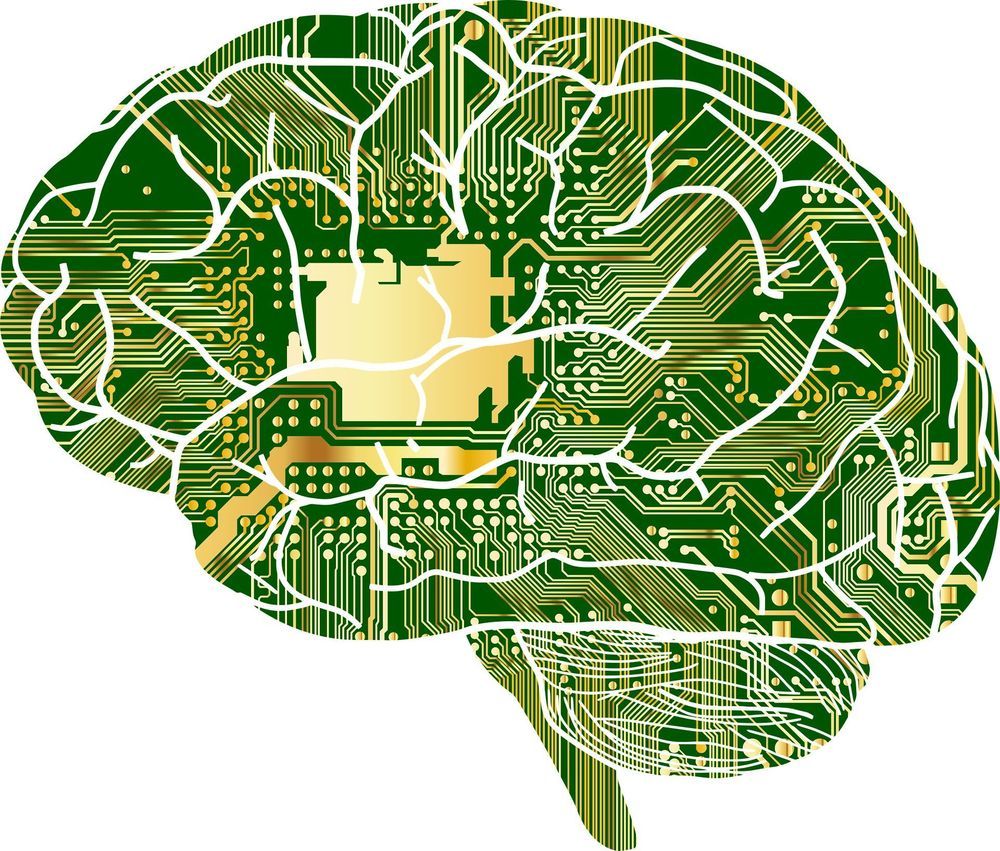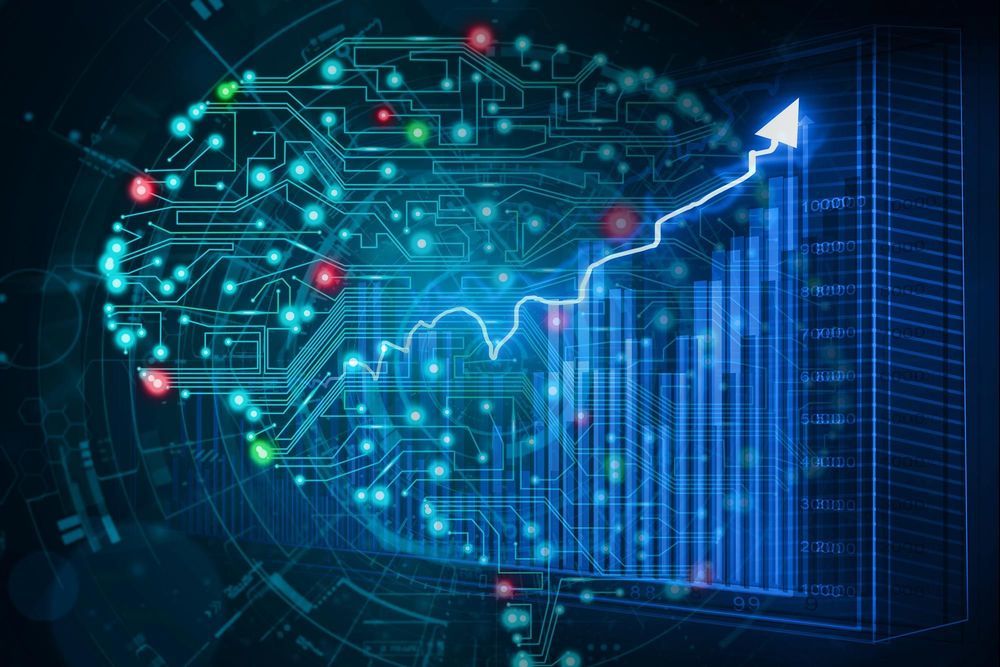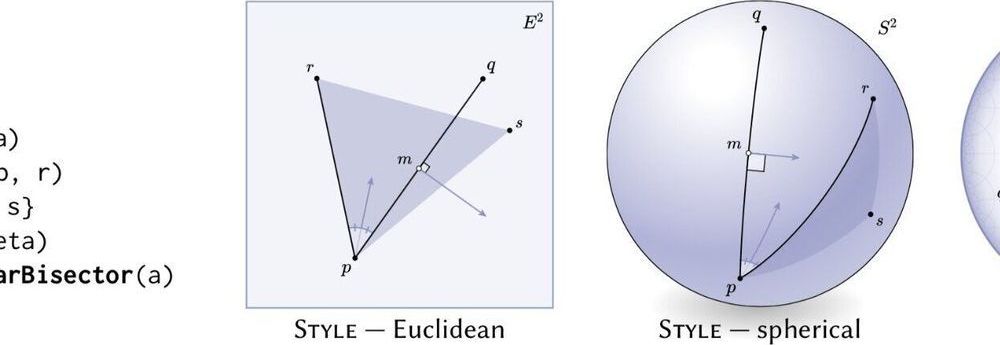Rice University researchers have demonstrated methods for both designing innovative data-centric computing hardware and co-designing hardware with machine-learning algorithms that together can improve energy efficiency by as much as two orders of magnitude.
Advances in machine learning, the form of artificial intelligence behind self-driving cars and many other high-tech applications, have ushered in a new era of computing—the data-centric era—and are forcing engineers to rethink aspects of computing architecture that have gone mostly unchallenged for 75 years.
“The problem is that for large-scale deep neural networks, which are state-of-the-art for machine learning today, more than 90% of the electricity needed to run the entire system is consumed in moving data between the memory and processor,” said Yingyan Lin, an assistant professor of electrical and computer engineering.
